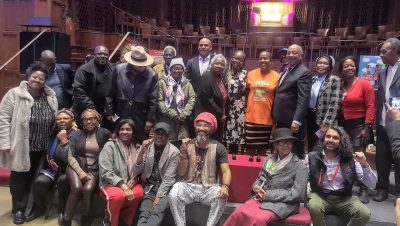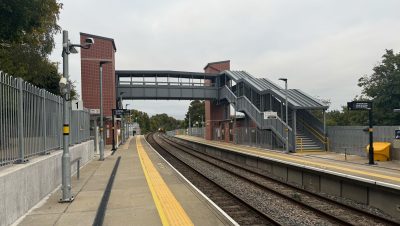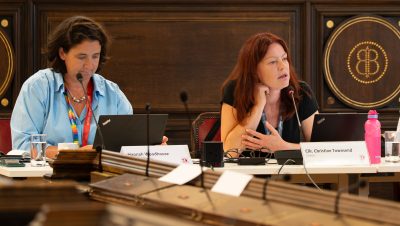
News / planning
Rees recalls paying ‘political price’ for delivering homes
Marvin Rees believes there was an “incredible pressure” when he and others attempted to fulfil their vision of delivering affordable homes in Bristol during his mayoral administration.
Rees, now Lord Rees, appeared on Have We Got Planning News For You, a podcast that offers a review of the latest developments across the planning system, led by a panel of barristers.
The former mayor said: “We wanted to build 2,000 homes a year, at least 100 of those affordable, by the end of my first term. That takes a lot of work.
is needed now More than ever
“And when you’re asking people to take risks they haven’t taken before that brings incredible pressure and you do have to take care of your work force.”
On the podcast, Rees, who was the elected mayor of Bristol from 2016 to 2024, reflected on his time in office, in particular his experience with planning and how he navigated the toppling of the Colston statue.
He admitted that despite not being “really aware of the planning system” prior to his election, he came in committed to his initial vision of “delivering homes”.
This commitment came in the form of schemes to build 1,400 homes in Hengrove Park as well as a further 2,000 homes in the Western Harbour, the latter of which garnered a hefty backlash.
“I paid a political price for delivering homes,” Rees admitted.
“I actually went for selection in Bristol to run for parliament and one of the criticisms I heard was, ‘oh, he just wants to build houses everywhere’.”
On the podcast, Rees said that despite there a mutual agreement between all parties that Bristol’s growing population need somewhere to live, there were disagreements as to how this problem should be tackled.
“They’re allowed to oppose, but they’re not asked to live with the consequences,” Rees said.
He said that someone in a “prominent political position” in Bristol, who he did not name, engaged in “awful” and “selfish politics”.
Rees said that Bristol’s status as one of the least affordable of all the core cities means that the housing crisis in our city is particularly acute.
He said: “We can see the consequences of that playing itself out through gentrification, burdening temporary accommodation costs and a background of social friction.”
After Colston’s statue was toppled, he recalled meeting one of the organisers of a rally organised to ‘protect the Cenotaph’: “He said they felt like they’re losing their city, to which I said that they are losing it to house prices and gentrification.”
He added: “The backdrop to all the social instability is the housing crisis… It becomes symbolic of their loss of purchase in this country.”
Main photo: Goram Homes
Read next:
 Our newsletters emailed directly to you
Our newsletters emailed directly to you


















